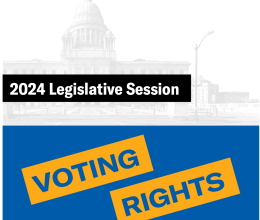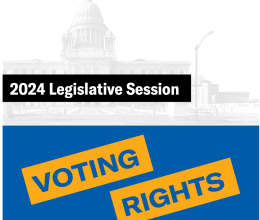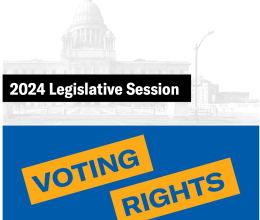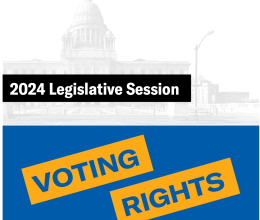When it comes to drawing new voting districts, any individuals incarcerated at the ACI in Cranston on the day the Census worker comes through used to uniformly be recorded, prior to the redistricting process which took place in 2021 and 2022, as living on Howard Avenue at the prison, including individuals awaiting trial or serving misdemeanor sentences who are still allowed to vote but only from their home addresses. As a result, Cranston was overrepresented in the General Assembly, while the districts from where the prisoners hail are underrepresented.
While the redistricting commission recognized this issue, and during the redistricting process reallocated to their home communities approximately 41% of the incarcerated population - specifically those individuals who were serving sentences of two years or less - we urged that language be added to this redistricting bill to affirmatively bar this practice for the next reapportionment in 2030. Unfortunately, the redistricting bill was considered without this language, but we continued to support this standalone legislation, H 5613, which would have ensured that this practice is entirely barred during the next redistricting process. This legislation died in committee.




